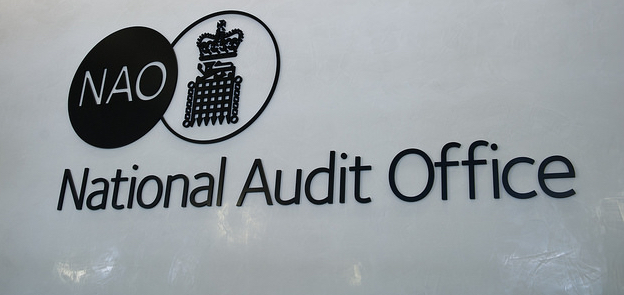
The National Audit Office (NAO) is to investigate whether asking councils to competitively bid for grant funding streams provides value for money.
Since 2010, national government has introduced an array of short-term and one-off funding pots for which councils have to dedicate resources to bidding for.
3rd LATIF NORTH
March 25th, 2020, Manchester
Council treasury investment & borrowing
The NAO has already raised concerns about the approach in a 2018 report on the financial sustainability of local authorities and now intends to probe it further, it said this week.
In a statement, the NAO said that “the more recent funding landscape has come to be characterised by one-off and short-term funding initiatives, which can undermine strategic planning and create risks to value for money”.
It added: “For example, many funding streams outside the main local government financial settlement can require application and reporting processes.”
The NAO said that an investigation beginning later this year will examine how the structure of central government funding of local authorities has changed in recent years, and assess the effect on the value for money local authorities can achieve.
“We look forward to working with the NAO on its investigation into this issue.”
It will also look at “whether departments’ approaches to local authorities’ funding are optimising government’s ability to achieve value for money”.
Responding to news of the investigation, Graeme McDonald, managing director of council chief exeutives organisation Solace, said: “The proliferation of one-off funding pots in recent years has been a cause for concern as these interventions, which can be well-meaning, are almost always reactive, rarely help to tackle issues in a sustainable way and fail to deliver reforms which improve outcomes and deliver better value for money – government time would be better spent focusing on providing councils with sustainable multi-year funding settlements.”
Competitive bidding between councils for funds was pioneered during the 1990s by former environment secretary Michael Heseltine, through the City Challenge regeneration programme.
It was reintroduced in 2011 for the coalition government’s £2.4bn Regional Growth Fund.
In his 2012 report on economic growth, No Stone Left Unturned, Heseltine said that competitive bidding drives up the quality of projects.
He said: “All my experience confirms that competitive funding is key to unleashing the entrepreneurial spirit in local areas.
“It injects a surge of excitement and incentivises communities to seek a wider and much more ambitious vision to anything they had thought of before.
“A healthy rivalry between areas comes into play. It drives collaboration, creativity, commitment and ambition.”
However, in its response to that report, the Local Government Association said that “government departments lack the local knowledge to judge competing local bids”.
A report by the Institute of Government last year quoted one local authority official describing trying to piece various government programmes together without any sense of overall strategy: “I feel like I have all the puzzle pieces, without the picture on the front of the box.”
In 2018, many councils put resources into bids for a share of a £1bn increase in the Housing Revenue Account borrowing cap.
However, the government later announced that it would lift the cap for all councils, rendering these bids futile.
The Room151 Weekly Newsletter covers local government treasury and pension investment, funding, development, resources and technical finance. Register here.
The LGPS Quarterly Briefing focuses purely on pension fund investment. Register here.












